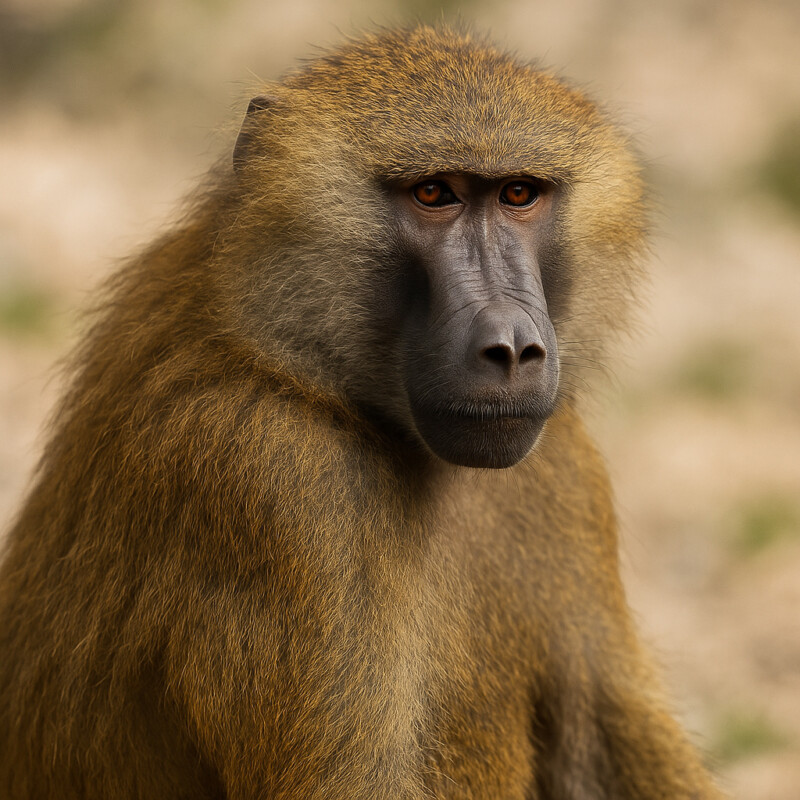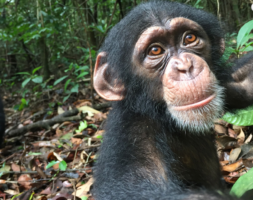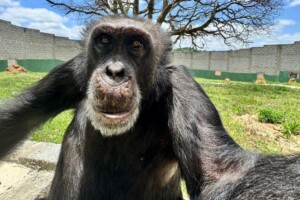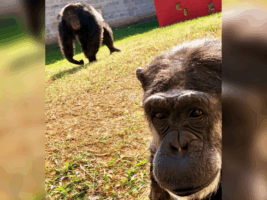Europe: GAP Spain denounces the killing of 12 baboons at the Nuremberg zoo and demands an end to captive breeding
 Caption: Pedro Pozas Terrados - Imagem IA/AI
Caption: Pedro Pozas Terrados - Imagem IA/AI
GAP Spain denounces with deep indignation and firmness the decision of the Tiergarten Nuremberg zoo, in southern Germany, to sacrifice 12 healthy Guinea baboons due to alleged “overpopulation.” This act of institutionalized cruelty exposes the lack of ethics, transparency, and responsibility governing many European zoos, supported by organizations such as the European Association of Zoos and Aquaria (EAZA).
“This crime against life cannot go unpunished. It is unacceptable that, for mere reasons of convenience or lack of space, living beings condemned to live in confined enclosures by the system itself are killed. Zoos must stop being prisons disguised as conservation. What happened in Nuremberg is a brutal warning: zoos are neither ethically nor scientifically prepared to manage the lives they claim to protect,” said Pedro Pozas Terrados, Executive Director of the Great Ape Project.
Zoo officials claim that the baboons were sacrificed as a “last resort,” due to the impossibility of relocating them and the ineffectiveness of contraceptive methods. However, the Great Ape Project argues that these justifications are unacceptable and show that captive breeding only serves to increase collections and does not meet any real conservation criteria.
“We demand the immediate expulsion of the Nuremberg zoo from the EAZA for violating any ethical principle in species management. Furthermore, we call for the urgent drafting of specific regulations for Spain’s Zoo Law 31/2003 of October 27 concerning wildlife conservation in zoological parks, since the current legislation is outdated, weak, vague, and lacks effective enforcement. We cannot continue to allow such acts to be repeated under the guise of supposedly accepted practices,” Pozas declared.
This case is not isolated. In recent years, numerous animal killings have been documented in European zoos, including:
- The case of the lion Marius in Copenhagen zoo (2014), who was sacrificed and publicly dissected in front of children.
- The death of four lions in Copenhagen due to “incompatibility with a new specimen.”
- The elimination of tiger and lion cubs in German zoos for lack of space or failure to meet genetic criteria.
All this shows that zoos are not conservation centers but rather display cabinets where life is disposable and manipulated with total impunity.
“It is urgent to establish an international moratorium on captive breeding, especially for species that zoos claim to be ‘conserving.’ There is no independent scientific endorsement justifying the need to maintain breeding programs for endangered species in captivity. There are only market interests, zoo exchanges, and increases in collections for human entertainment,” Pedro Pozas emphasized.
The Great Ape Project advocates the gradual closure of traditional zoos and their transformation into rescue and rehabilitation centers. Real education and conservation must be based on natural habitats, ethical sanctuaries, and technologies like virtual reality, which allow respectful and educational contact with species without causing them suffering.
The organization also reminds that many zoos do not adequately meet minimum animal welfare standards. Captivity causes psychological disorders, stereotypies, isolation, and suffering. Zoos never have been and never will be places of respect for living beings.
“We urgently need a Great Ape Law in Spain and internationally. A law that recognizes their fundamental rights and ends unjustified confinement. What happened to the baboons is another example of why a radical change in humanity’s relationship with other sentient beings is urgently needed,” Pozas stressed.
The Great Ape Project makes an urgent appeal to European, Spanish, and international authorities not to remain indifferent to this moral and ethical outrage. It is time to legislate bravely and break with archaic practices that continue to subject millions of animals worldwide.
“If we do not act now, this convenience-based killing may be repeated. This is not conservation. Our only response must be denunciation, action, and demanding justice,” concluded Pedro Pozas Terrados.

 Español
Español
 Português
Português








